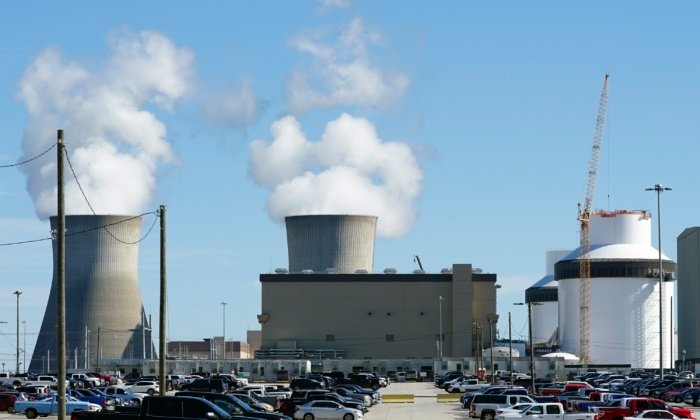Demand for the Reversal of Victoria’s Nuclear Power Ban
A new bill is being proposed in the Victorian Parliament to reverse restrictions on nuclear power in order to reduce carbon emissions from energy production in the state. Liberal Democrat MP David Limbrick believes that the current Nuclear Activities (Prohibitions) Act of 1983, which bans nuclear power, is outdated and wants to repeal it. He believes that doing so would send a strong message to the rest of Australia and the world about taking climate change seriously and utilizing all available resources to decarbonize. Limbrick also believes that removing restrictions on nuclear power could make Victoria a leading producer of clean energy in Australia and attract manufacturing to the state.
However, Premier Daniel Andrews and the Labor Party have consistently opposed nuclear power as an option. Minister for Climate Action and Energy Lily D’Ambrosio has argued that nuclear power is too dangerous and costly, and the government does not support its construction in Victoria. D’Ambrosio has also criticized the opposition for voting against the government’s climate action agenda.
The Labor government in Victoria has set an ambitious target of cutting emissions by 80 percent by 2035. They plan to achieve this by increasing the state’s reliance on renewable sources for energy. They have invested $1 billion into renewable energy through the State Electricity Commission (SEC).
Limbrick argues that relying solely on weather-dependent renewable technology may not be enough to achieve net zero emissions by 2035, especially with the closure of coal-fired power stations like Loy Yang A in the Latrobe Valley. He believes that nuclear power is a proven method of decarbonization and questions how net zero can be achieved without it. The federal Liberal-National Coalition has included nuclear power in its policy mix, while the federal Labor party emphasizes the future of energy generation to be renewables.
Nuclear power has been illegal in Australia since the 1990s, with exceptions for medical isotope research and production. Limbrick argues that without nuclear power, Victoria will struggle to meet its energy needs and achieve its emission reduction targets. He points to Germany as an example of a country that turned away from nuclear power and saw increases in both carbon emissions and energy prices, while neighboring France, which embraced nuclear technology, continues to produce clean and reliable power.
Although an inquiry in 2022 found that lifting the ban on nuclear energy in Victoria would not make a significant impact due to federal laws already in place, Limbrick believes that nuclear power should be considered. According to a report by the Commonwealth Scientific and Industrial Research Organization (CSIRO), renewables are currently the cheapest form of electricity generation, despite an increase in technology costs. The report also emphasizes that renewables, particularly wind and solar, are the fastest-growing energy source globally and present low-cost opportunities for reducing emissions.
Source link




